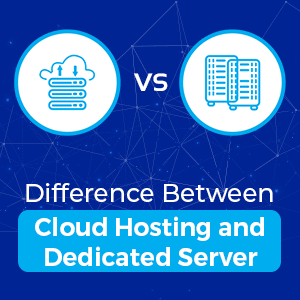How DNS Works What’s DNS? Learn How Step-by-step
While there are lots of sorts, a couple of are elementary for many web site homeowners. By performing as the backbone of the internet, DNS hyperlinks billions of customers, units, and providers globally. This seamless connectivity is critical for communication, eCommerce, and information sharing on a worldwide scale. If the IP handle is not within the local cache, the system may verify host recordsdata, which are manually configured mappings of domain names to IP addresses. This is rare in modern techniques, nevertheless it may nonetheless be used for certain network configurations. The uncomfortable actuality is that comfort is quietly successful over resilience.

- Every web site must have an A report for users to have the power to access it via its area name.
- Essential for efficiency, DNS caching enhances the decision process.
- This similar system nonetheless serves as the spine of the fashionable web.
- This minimizes the need for repeated queries to authoritative servers, optimizing total performance.
- The domain name system (DNS) is a naming database by which internet domain names are situated and translated into Web Protocol (IP) addresses.
What’s Dns Caching?
Our browser receives the response from the real server and the website content is displayed on our screen. All of this happens in simply milliseconds, making the process seamless for the consumer. Resolver first contacts the Root DNS Server which is the beginning point for DNS lookups.
Authoritative Dns Server
Merely delaying or misdirecting DNS can break authentication between customers AlexHost SRL and providers, block transactions or erode public trust at sensitive moments. The lesson just isn’t that DNS is weak, however that reliance on a small number of suppliers creates invisible single points of failure. But, financial comfort, cloud services and DNS as a service are quietly steering the internet toward centralization.
When you question a website name your first step won’t really be at the root nameservers. Typical users will most likely get essentially the most use out of MX and CNAME information. The MX data allows you to level your mail companies somewhere other than your hosting firm should you select to make use of one thing like Google Apps for your area. The CNAME data allow you to level host names on your domain to numerous different areas. This might embrace setting google.example.com to redirect to google.com, or establishing a devoted sport server with its own IP address and pointing it to something like gameserver.example.com. DNS servers direct internet visitors by referencing the domain names of sites that customers request.
